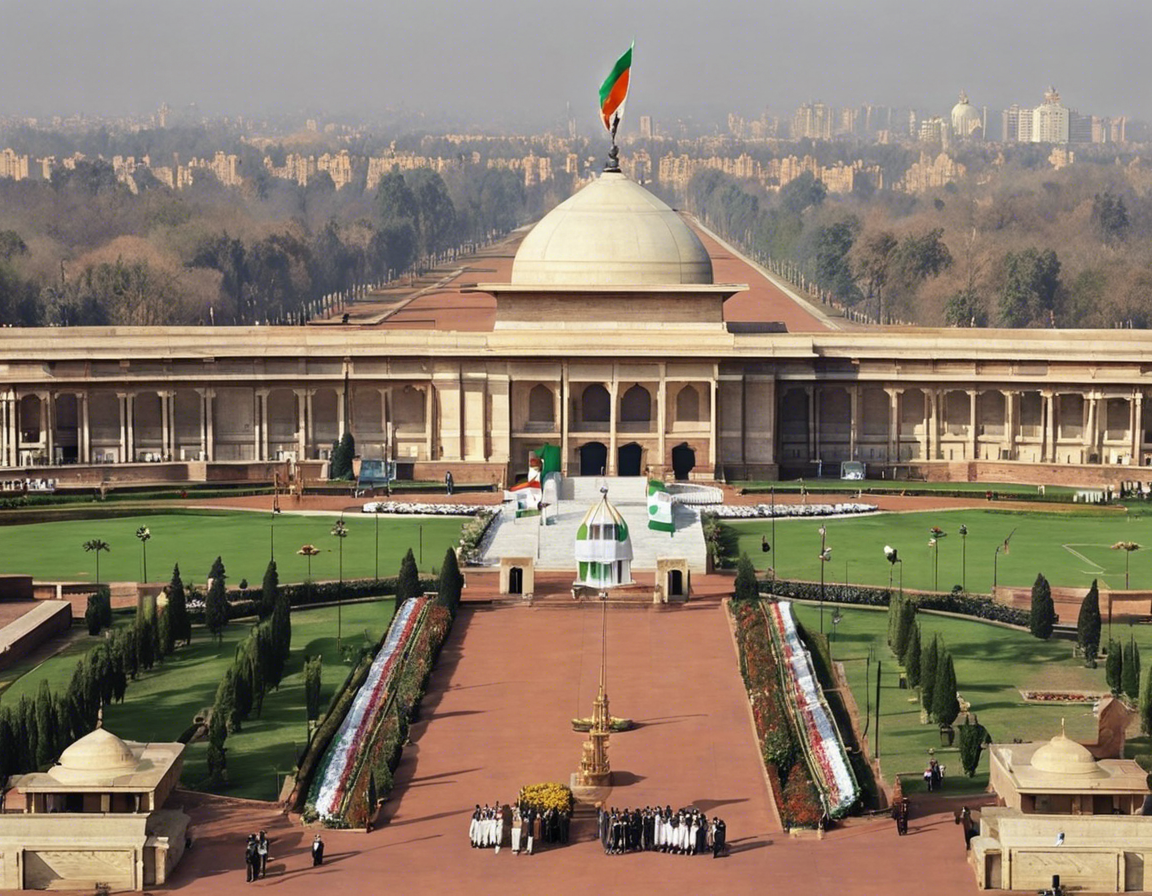Introduction:
Recently, the Taliban carried out an attack in Iran targeting the country’s President, Ibrahim Raisi. This incident has raised concerns about the potential implications for regional security and stability. In this blog post, we will delve into the details of the attack, the possible motives behind it, and the broader implications for Iran, Afghanistan, and the wider region.
Background of the Attack:
On a seemingly ordinary day, President Ibrahim Raisi of Iran was attending an event in commemoration of the country’s Sacred Defense Week when chaos ensued. The Taliban militants launched a targeted attack on the venue, causing panic and confusion among the attendees. The swift response from Iranian security forces managed to thwart the attack, but not without casualties and injuries. The brazen nature of the assault has left many wondering about the motives behind such a high-profile targeting.
Motives Behind the Attack:
The motives behind the Taliban’s attack on President Raisi can be analyzed through various lenses. One possible reason could be to send a message to Iran about the Taliban’s capabilities and intentions. By targeting a prominent figure like Raisi, the Taliban may be trying to assert their dominance and showcase their ability to strike even in heavily guarded settings. Additionally, the attack could be a response to Iran’s stance on the Taliban-led government in Afghanistan. Iran has been cautious in its engagement with the Taliban, and this attack might be a way for the group to pressure Iran or retaliate against perceived threats.
Implications for Iran:
The attack on President Raisi has significant implications for Iran’s internal security and regional standing. Internally, the incident will likely lead to a reassessment of security protocols and an increase in vigilance against potential threats. The Iranian government may also use this attack as a justification to crackdown on extremist elements within its borders. Externally, the attack could impact Iran’s foreign policy towards Afghanistan and the Taliban. Iran may choose to adopt a more cautious approach in its dealings with the Taliban-led government, fearing further attacks or destabilization.
Implications for Afghanistan and the Region:
The attack on President Raisi also has broader implications for Afghanistan and the region as a whole. It highlights the continuing instability in Afghanistan post-Taliban takeover and the challenges faced by neighboring countries in dealing with the new reality. The incident could strain Iran-Afghanistan relations, leading to increased tensions and potential security threats along the shared border. It also raises concerns about the ability of the Taliban to carry out cross-border attacks and the need for enhanced regional cooperation in combating extremism and violence.
Conclusion:
In conclusion, the recent attack on President Raisi by the Taliban has underscored the complex security dynamics in the region and the challenges faced by countries like Iran in navigating these turbulent waters. The incident serves as a stark reminder of the persistent threat of extremist violence and the need for robust security measures to safeguard against such attacks. Moving forward, it is crucial for countries in the region to work together to address common security concerns and prevent further destabilization.
Frequently Asked Questions (FAQs):
1. Why did the Taliban target President Raisi in Iran?
The motives behind the attack are not entirely clear, but it could be a way for the Taliban to assert their dominance, send a message to Iran, or retaliate against perceived threats.
2. How did Iranian security forces respond to the attack on President Raisi?
Iranian security forces acted swiftly to thwart the attack and prevent further casualties. Their response likely prevented a more significant tragedy.
3. What are the implications of the attack on Iran’s internal security?
The attack will likely lead to increased security measures, a reassessment of protocols, and potentially a crackdown on extremist elements within Iran.
4. How could the attack impact Iran’s foreign policy towards Afghanistan?
The incident could lead to Iran adopting a more cautious approach in its dealings with the Taliban-led government in Afghanistan, fearing further attacks or destabilization.
5. What broader implications does the attack have for the region?
The attack highlights the continuing instability in post-Taliban takeover Afghanistan, strains Iran-Afghanistan relations, and raises concerns about cross-border security threats and the need for enhanced regional cooperation.
